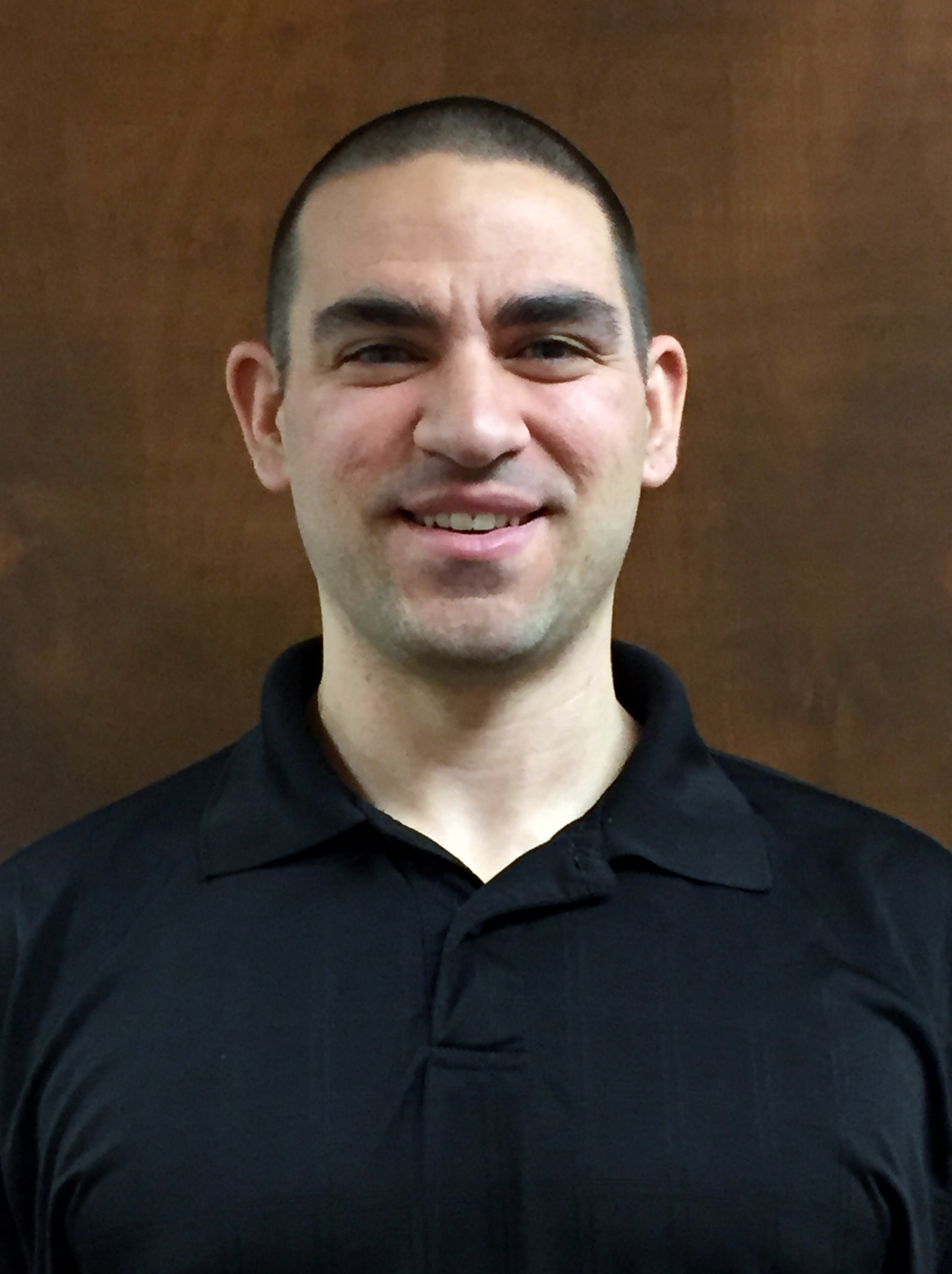Tips for Teens Posted On
Whether you like it or not, part of being a teenager is feeling the need to look cool and fit in. Most teens may not know that nearly 90% of youth age 14-21 do not gamble on a regular basis (Welte, 2007). There’s good reason for not participating in underage gambling, and that is because gambling is a risky behavior for teens.
Why is underage gambling especially risky?
Underage gambling is especially risky for you because the teenage years are a time of great change. You and other teens are exploring who you are by testing boundaries, and exploring new activities you may not have done before. As you are making these choices, you may not always know the consequences of your actions, and many consequences are not as quick as the burning sensation from touching something hot. Although not right away, underage gambling can lead to depression, delinquency, a higher risk for suicidal thoughts or attempts, and an increased risk for substance abuse, gambling addiction and other addictions.
Is your friend’s gambling affecting you?
You may not realize it, but your friends’ choices do affect you. If your friends and family are doing well, you’re probably doing well, but if your friends and family are struggling, then you may be experiencing negative feelings. The reason you’ll be feeling similar feelings to the people around you is because you care about them, and they may treat you differently based on how they’re feeling. One great resource for seeing how a friend’s gambling may be affecting those around them is through the video Odds & Ends.
What do you do if you know a friend is gambling?
Talk to them. Talking to your friend about their gambling will let them know that you think it’s a problem. Having an open, non-judgemental dialogue about their choices, and how their choice to gamble may be negatively affecting them and the people around them, is a great way to help a friend.
Talk to a parent. If you’re uncomfortable talking to your friend, talk to a trusted adult like a parent or teacher. Letting them know what’s going on may give you some tips on what to do, and they can help you with tips on having an open conversation.
Learn more. There are many resources available to help teens. You can certainly learn more about underage gambling through the YOU(th) Decide NY website, including the Did You Know brouchure, and the Strange Odds palm cards, but don’t feel like you need to be an expert on underage gambling. The most important thing is having a conversation.
If you are looking for additional help, you can always call the NYS HOPEline!


